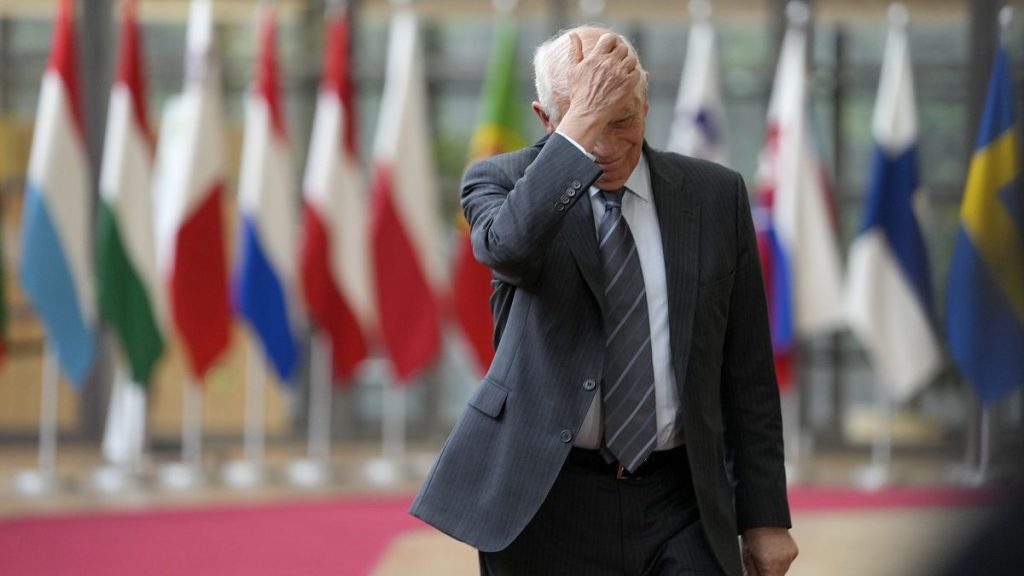This week in Brussels, the EU focused on efforts to find diplomatic solutions to the crisis in the Middle East, particularly between Israel and Hamas. Proposals included reviving a European border assistance mission in Egypt-Gaza, hosting a joint conference for a two-state solution, and reviewing the EU-Israel Association Agreement. Despite international court decisions, violence continued, and Prime Minister Netanyahu criticized the decisions as antisemitic, prompting a strong response from EU foreign policy chief Josep Borrell. The ongoing conflict in the Middle East remains a top priority for EU diplomatic efforts.
French President Emmanuel Macron’s visit to Germany was a significant event this week, the first state visit of a French president in 24 years. Macron’s visit emphasized a pro-European, pro-French-German, and anti-authoritarian message, with references to Hungary’s Viktor Orbán. As the European elections approach, the impact of Macron’s message on EU foreign policy remains to be seen, especially as polls suggest a shift towards the far right in Europe. The outcome of the elections could potentially affect EU foreign policy and diplomacy.
Sven Biscop, a political scientist, discussed the EU’s rediscovery of geopolitics in his new book on EU foreign policy. After the Russian invasion of Ukraine, Europe recognized the importance of understanding geopolitical vulnerabilities. However, it is crucial to determine the purpose of being geopolitical and how to address these geopolitical challenges. The EU’s main interest remains in maintaining global unity and avoiding a new global confrontation or a Cold War. The upcoming European elections will play a critical role in shaping the EU’s foreign policy position.
The composition of the European Parliament following the elections will be crucial as treaties cannot be made without parliamentary approval. The outcome of the elections will determine the EU’s stance on issues such as China, especially after recent events that strained relations with the European Parliament. The new parliament will have an impact on the EU’s foreign policy decisions, particularly in relation to global partners like China. The EU must navigate its foreign policy approach depending on the composition of the newly elected European Parliament.
In the art world, Madrid’s Prado Museum unveiled a restored masterpiece by Caravaggio titled “Ecce Homo”, meaning “Behold the Man”. The painting, once thought to be lost, resurfaced at an auction and was almost sold for a minimal amount until recognized as a Caravaggio piece. The painting depicts a blood-stained Jesus wearing a crown of thorns before his crucifixion and was part of the Spanish kings’ private collection. The new owner, who purchased the painting for €36 million, generously lent it to the Prado Museum for public display.(“Ecce Homo”), a lost masterpiece by Italian Renaissance artist Caravaggio, went on public display at Madrid’s Prado Museum this week. The painting depicts a blood-stained Jesus wearing a crown of thorns before his crucifixion and was rediscovered at an auction after being mistakenly attributed to an unknown artist. The new owner, who bought the painting for €36 million, allowed it to be displayed at the museum for nine months.


